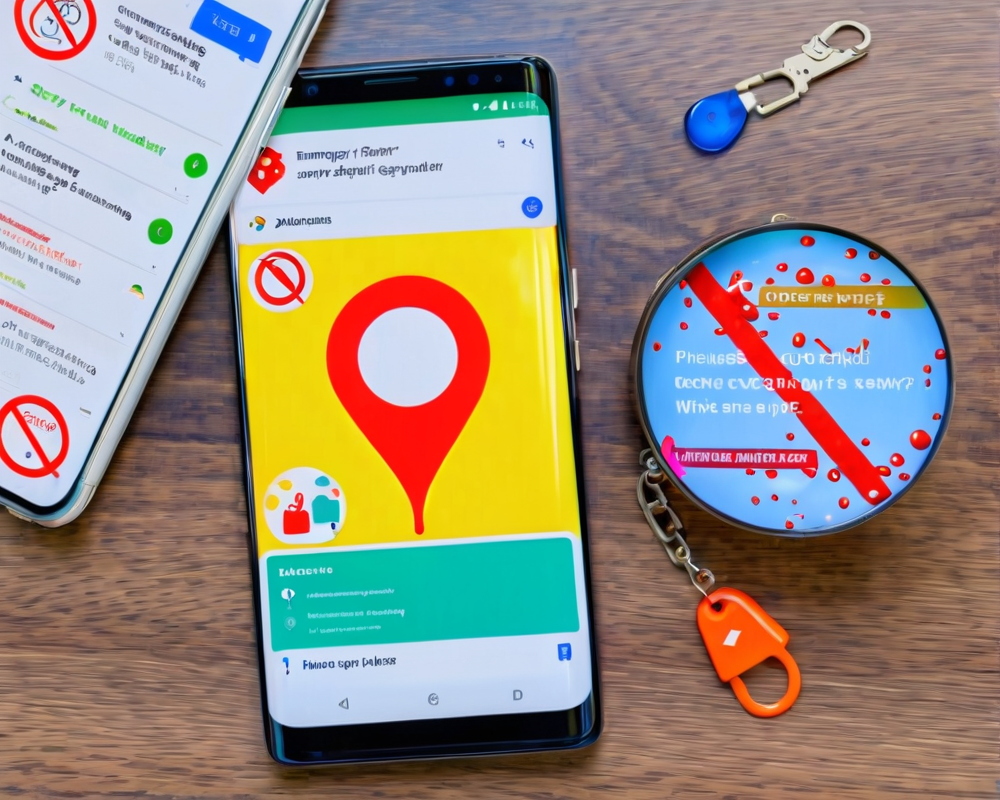Automatic Location Sharing for Emergencies
In a bold step towards enhancing public safety, Android is gearing up to automatically share user location data with emergency response services whenever users dial emergency numbers. According to a recent blog post from Google Europe, this feature harnesses the power of location services and WiFi to pinpoint a caller’s location and transmit it directly to emergency responders.
Why This Matters
As noted in the blog post, accurate location data can potentially be a matter of life and death. The U.S. Federal Communications Commission estimates that improving location accuracy can reduce response times and save thousands of lives annually. Imagine calling for help and having a precise location transmitted within seconds instead of fumbling about with your address!
Google’s Assurance About Privacy
Anticipating possible user concerns about privacy infringement, Google states emphatically that this feature is strictly for emergency purposes and will not share data with other entities. The company reassures users:
“This feature is solely for the use of emergency service providers, and location is never seen or handled by Google.”
In essence, your location will only be disclosed during an emergency call initiated by you, keeping your day-to-day whereabouts under wraps.
Potential Drawbacks: A Double-Edged Sword
While the initiative appears noble, there are legitimate concerns regarding the unintended consequences of automatic geolocation. Picture this: someone witnesses a friend in a troubling situation that requires an emergency call. They might worry that reporting the emergency could lead to legal repercussions, especially if others involved were engaging in illegal activities. Such fears may lead to hesitation in calling for help, and in some jurisdictions, this has necessitated the creation of laws granting immunity to bystanders.
911 Immunity Laws: A Safety Net?
To counter these fears, many places have enacted 911 immunity laws, which protect individuals from prosecution for drug or alcohol-related offenses when they are seeking help for someone in danger. While this is a step forward, more awareness is needed to ensure that bystanders feel safe reporting emergencies without the threat of legal action.
Existing Alternatives: Navigating Emergency Responses
Before Android’s rollout of this feature, independent apps have already begun to bridge the gap for users needing help without alerting the authorities. One such app, Cell 411, allows individuals to contact a network of friends or responders, sharing their location in emergencies while avoiding direct involvement with police services. This can be particularly beneficial in areas where users fear prosecution or unwanted encounters with law enforcement.
A Glimpse into the Future
Implementing geolocated emergency responses, while facilitating quicker help, opens the floodgates to a mix of emotions ranging from relief to anxiety about privacy. As technology evolves, it’s crucial that safety features do not come at the expense of personal freedom. Users and developers alike must stay vigilant and adaptable.




